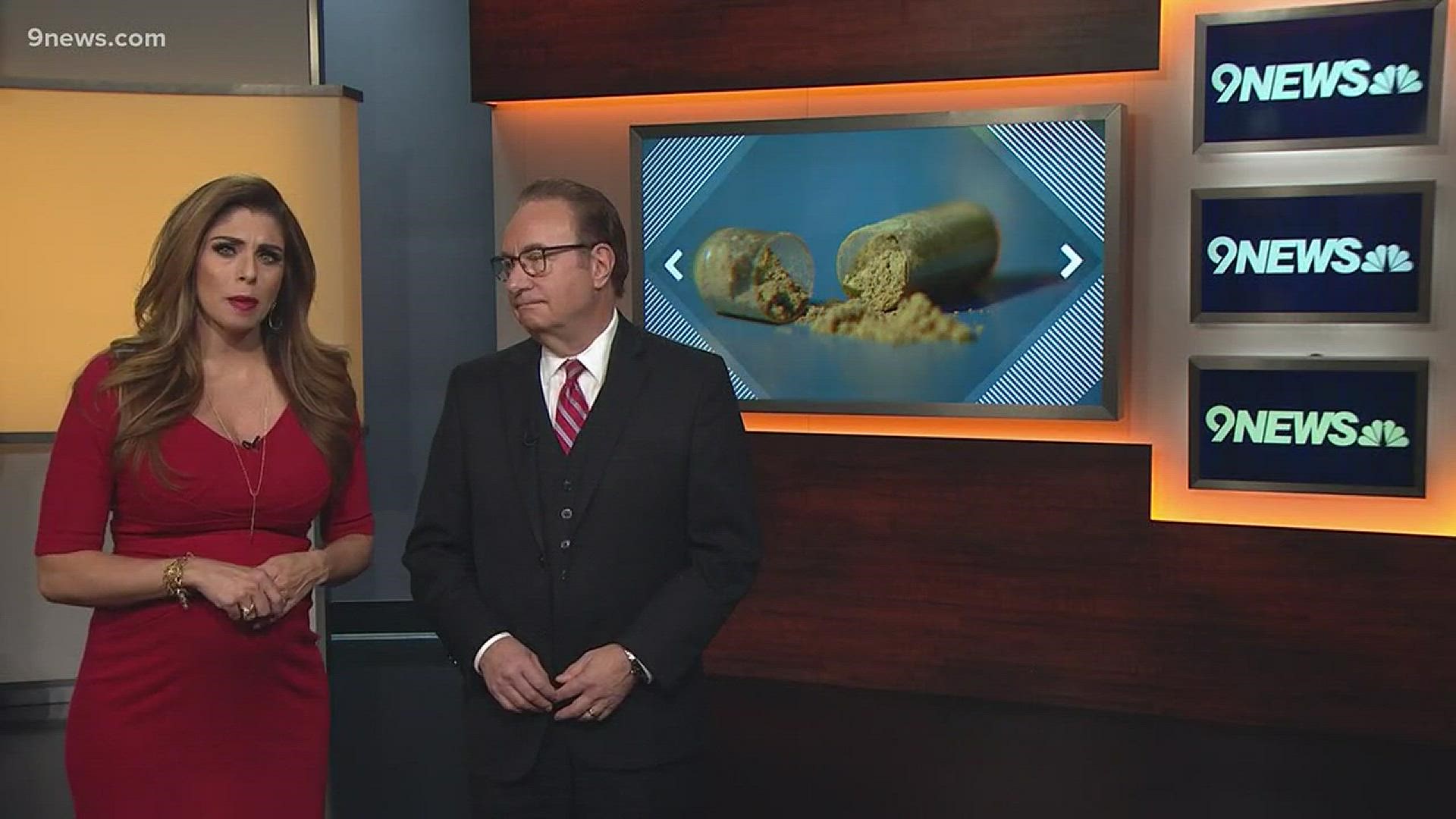DENVER — Kratom is an herbal supplement that some people use to combat opioid addictions. Users see it as a natural way to wean off drugs and claim it’s not addictive and can’t alone lead to death.
But 9NEWS requested autopsies from the last three years in the ten most populated Colorado counties. Kratom was found in a deceased person’s system at least 27 times during that period. Coroners identified kratom as contributing to an overdose 17 times, meaning other drugs may have worked with kratom to cause death.
In at least six cases the coroner concluded that kratom was the only drug that contributed to someone’s death.
One of those autopsies is that of 29-year-old Daniel Schwartz. His father believes he became addicted to kratom to get off opioids. He died with an extremely high concentration of kratom in his system and the coroner determined he overdosed on the herbal supplement.
“I feel so badly for him. For what he’s missing. Drugs stunted his whole development,” said Larry Schwartz, who explained how his son had recently overcome a ten-year opioid and heroin addiction. “And he was really coming into his own at this point. He finally found a job he liked.”
Daniel began reading about the benefits of kratom online and explained the “natural supplement” to his father. Larry didn’t see anything unusual in his son’s behavior after he started taking kratom.
“You know, it’s so hard to understand because he took so many drugs, of different types. The worst, from meth to heroin and that didn’t kill him. It was hard to imagine that this was what caused his death. It was incomprehensible.”
But the coroner’s report shows he died of acute mitragynine toxicity with 4058 ng/ml of the supplement in his blood. That’s the highest concentration of any of the autopsies obtained by 9NEWS. But many supporters and users of kratom insist coroners are getting it wrong.
“Kratom doesn’t kill. But if you ban kratom, you’re going to kill people and you’re going to kill them by driving them into illicit markets, drive them back to standard opioids,” said David Herman with the American Kratom Association, a group fighting the Food and Drug Administration's attempts to make the plant from southeast Asia a schedule I drug.
Herman said coroners are reading into what he feels are misguided FDA warnings about the potential for abuse and harm and then pointing to kratom whenever it’s present during a death. He worries that a ban on kratom would also stunt the research currently being done, some funded by the AKA.
“If you make this a schedule I product, research pretty much stops. The cost of maintaining that license and getting good solid product will be very hard for most scientists,” he said. “How much time did we lose on medical marijuana because it was a schedule I drug? And we’re finding tremendous uses for it today.”
The expensive studies that could come out of a schedule I designation do appeal to addiction specialists at UCHealth Center for Dependency, Addiction and Rehabilitation (CeDAR).
“I think the concern is that the existing information has a lot of bias in it,” said addiction psychologist Patrick Fehling. “So, it needs to be researched from something called a randomized control trial. And that is through large-scale health centers with many patients, with placebo-controlled studies. Very rigorous data to be able to make claims.”
Kratom supporters say the plant has a low risk for addiction. But, Fehling said he actually has patients come to him looking for help with kratom dependency.
“They felt when they tried ceasing their use it was hard or they felt they would experience some sort of anxiety or some sort of a craving while trying to stop it,” he said. “We know that it has opioid activity in the brain. So, it has some activity in the same parts of the brain that painkillers and heroin act on. So, we care a lot about that.”
Fehling isn’t taking a position one way or another because he simply doesn’t see enough data. Unless that happens, he doesn’t want people trying a “psychoactive compound” to cure their addictions.
“As a parent of a recovering addict, you’re always worried about getting that call. Because even in recovery you know there’s a chance for a relapse,” said Larry Schwartz. “You build up a set of expectations that this could happen. But kratom was never what I thought would be the problem.”

